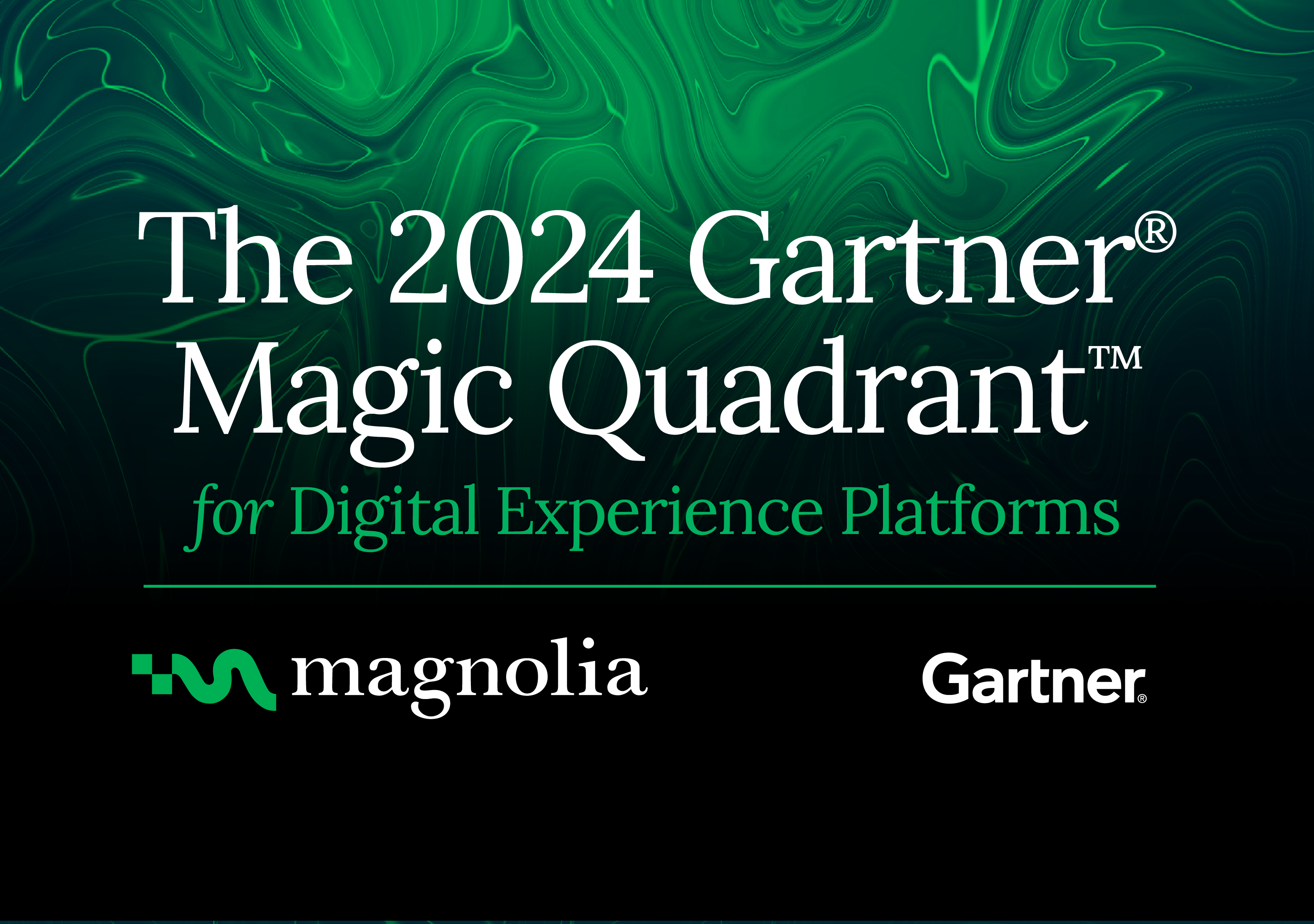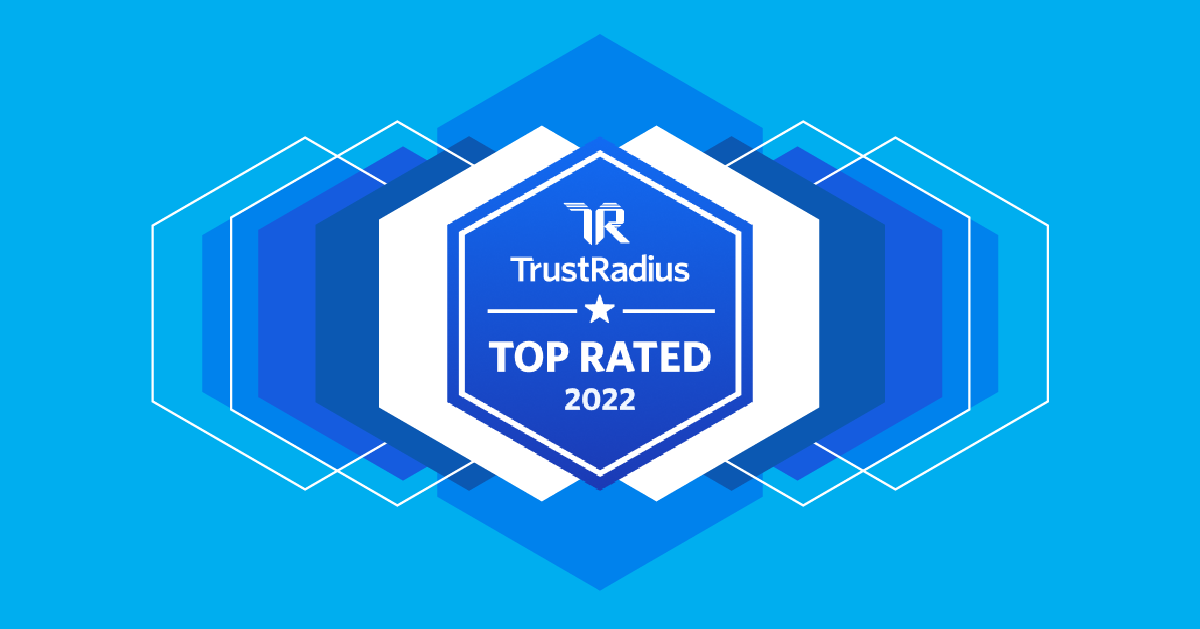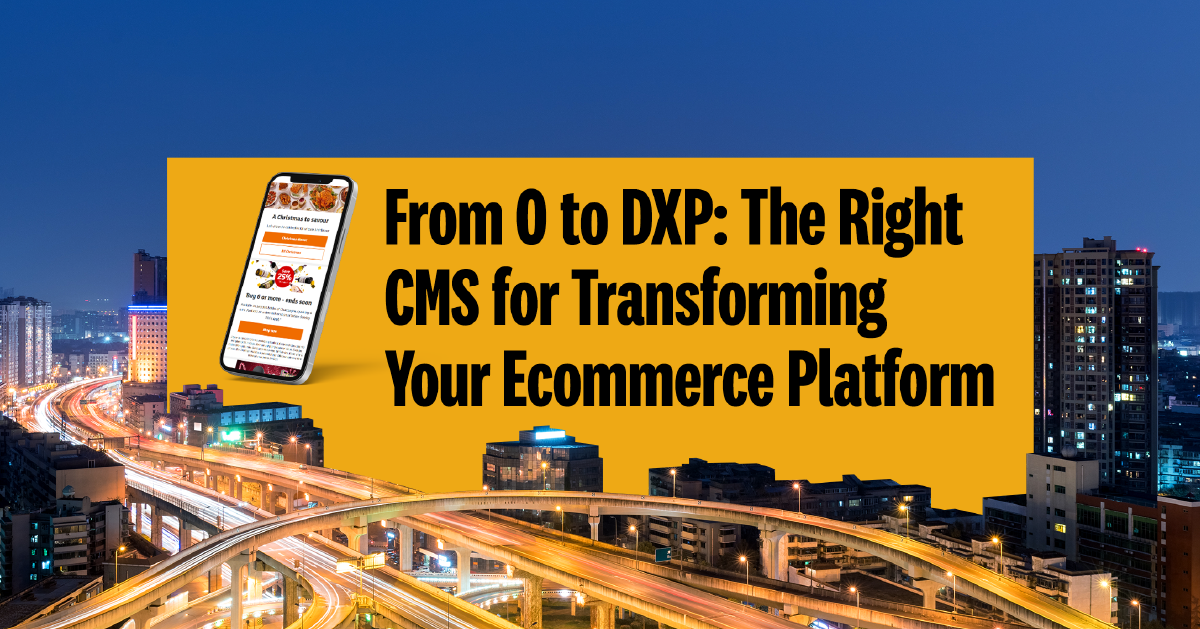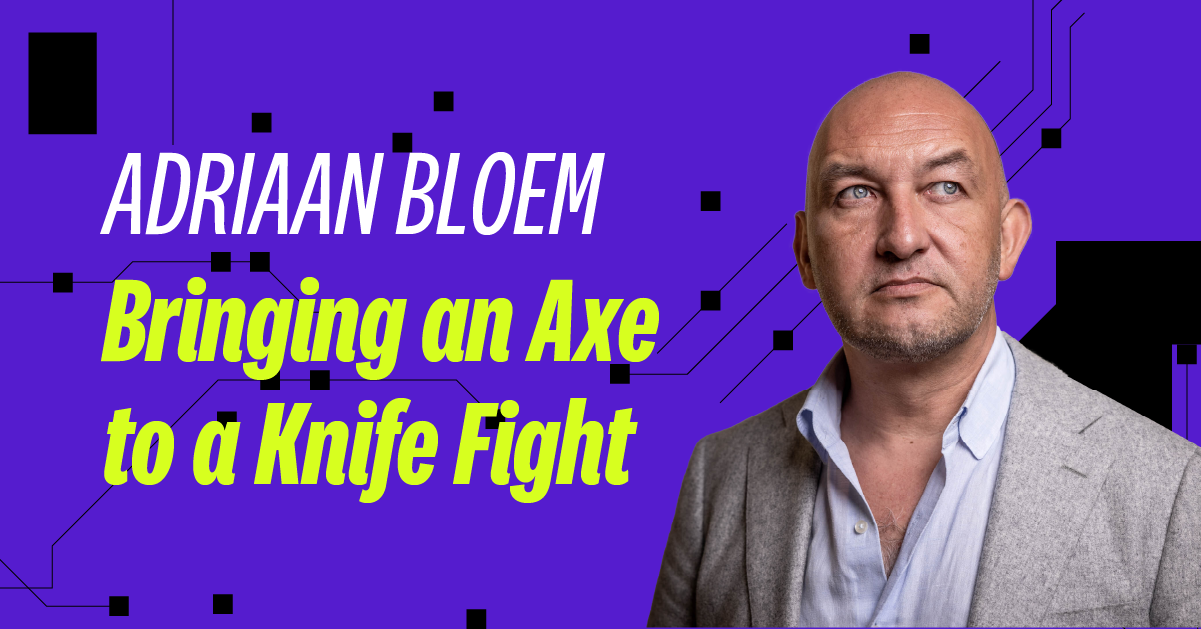DXP
DXP
In this category, you will find articles related to using Magnolia as a DXP and the evolution of the CMS.
For example, check out “What Is a Composable DXP” to understand what composability means, how a composable DXP is different and why it's important.









